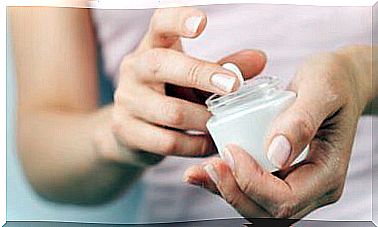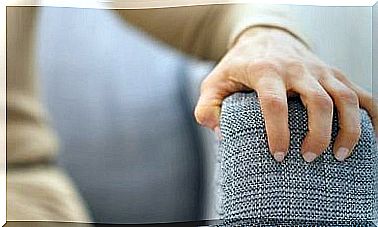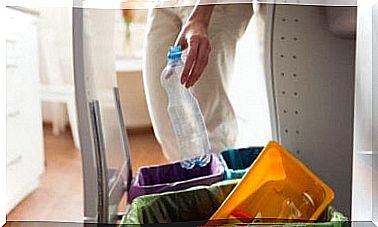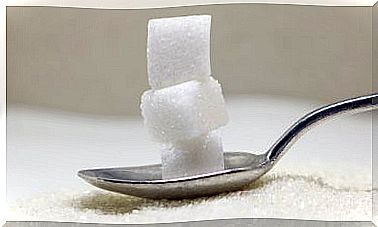Infantile Enuresis: How To Treat It?
Do you know about infantile enuresis? It is a common form of urinary incontinence in children between 4 and 6 years of age. Fortunately, he has treatment.
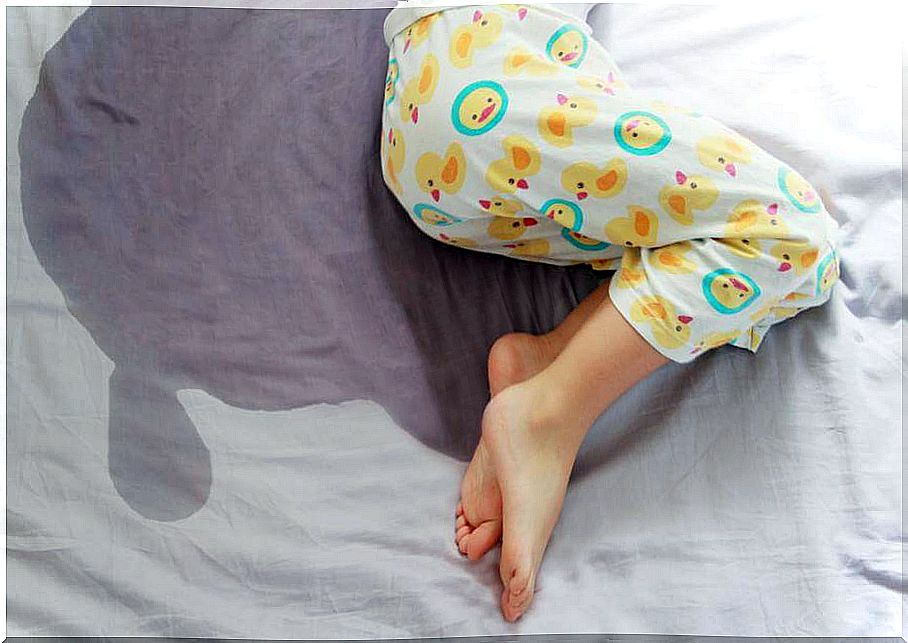
Infant enuresis is a form of urinary incontinence that usually affects children between the ages of four and six. It is characterized by the repeated expulsion of urine, either during daytime activities (daytime incontinence) or in bed at night (enuresis).
To be considered a disease, urine leakage must occur at least twice a week for a minimum period of three consecutive months, as this work carried out by researchers from the National Autonomous University of Mexico indicates. While it rarely alerts to a disease, it can lead to behavior problems in children.
The good news is that there are several ways to support your child in learning to establish regular and appropriate urination habits. This time we want to review the main symptoms of this condition and various measures that support its control.
Symptoms of infantile enuresis
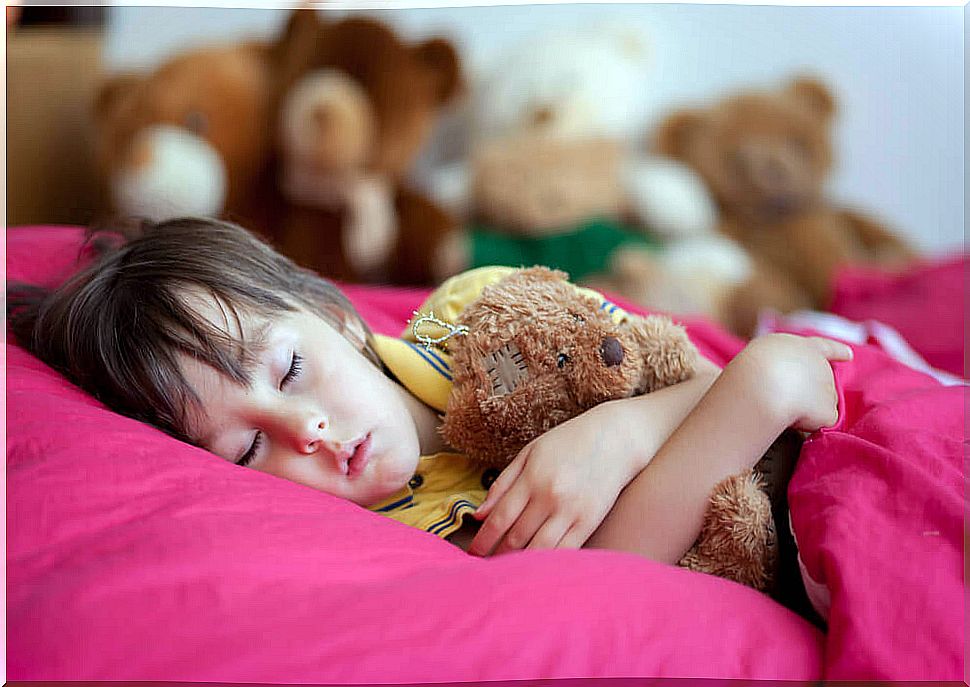
The main symptom of infantile enuresis is involuntary urine leakage, as this study published in the Mayabeque MediMay journal of medical sciences shows . This can occur several times during the night and, to a lesser extent, during the day.
Children with it tend to have a harder time waking up and may suffer from constipation. And this is evidenced by this research published in Primary Care Pediatrics in 2009, as many authors point out a great relationship between voiding disorders and constipation, since stool stagnation in the rectum impairs the functioning of the pelvic floor while urinating.
Criteria for its diagnosis
To make the diagnosis of infantile enuresis, the pediatrician or doctor in charge takes into account the age, frequency and history. It also evaluates the parents’ attitude towards the problem and suggests some complementary tests to rule out other diseases.
The diagnosis is positive if:
- The child is between four and six years old.
- Involuntary urine leaks occur several times a week, for a minimum period of three months.
- Incontinence is more common at night (they wet the bed).
- Urine leakage usually occurs between 30 minutes and 3 hours after lying down.
Treatments for infantile enuresis
Many parents do not consult their pediatrician for the problem of infantile enuresis and ignore that it requires a specific treatment. Although it is true that the problem decreases as the child grows, sometimes, it can be complicated by not giving adequate attention.
It is important to make a timely diagnosis, because, sometimes, the condition has an underlying cause. Furthermore, appropriate intervention prevents the condition from affecting the child’s social life. What does the treatment include?
Non-pharmacological treatments

Much of the treatment for childhood enuresis is focused on correcting the child’s behaviors. Therefore, before suggesting a drug, the doctor has the responsibility to explain the disease and some recommendations to counteract it. This can include:
- Inform the child and his family about the functioning of the urinary system, as well as the basic mechanisms involved in enuresis.
- Exposing the minor himself and his parents that he is not to blame for the problem, but is beyond their control.
- Insist with family members that the child should not be scolded or embarrassed. On the contrary, it must be supported so that the problem is solved.
- Ask family members to have a positive attitude during the treatment, but not to take an active part in it. Therefore, parents should not wake the child at night to urinate.
- Explain to the child that he should consume plenty of fluids during the day and less after 7 in the afternoon.
- Provide the child with a journal in which they can write down their “dry nights” and all their progress.
- Help establish regular urination habits, which facilitate bladder control.
- Encourage hygiene and change of wet clothes.
- Contraindicate the use of diapers, except in special situations.
Pharmacotherapy
When the doctor chooses to recommend anti-bedwetting medications, the prescription usually includes desmopressin. It is a drug that reduces the volume of fluid during the night, with an efficacy between 40 and 80%, as indicated in this study published in the Spanish Journal of Pediatrics: Clinic and Research .
Sometimes the use of oxybutynin is also suggested, which works by increasing the capacity of the bladder. Ultimately I could recommend imipramine, which has an antidiuretic effect. This option is only for specific cases due to its side effects.
Final recommendations for parents
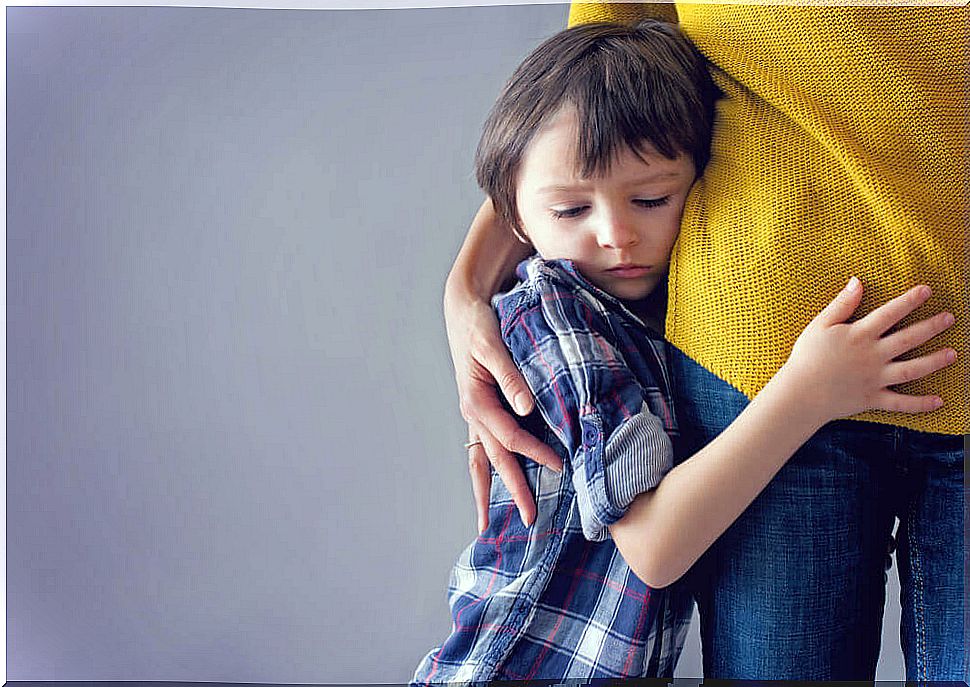
Infant enuresis is a benign disorder that disappears as the child grows. However, given that some parents find it difficult to handle, it is worth leaving some final recommendations:
- Not providing fluids before going to bed.
- Avoid scolding or punishing the minor when he urinates on the bed.
- Reinforce the child’s self-esteem and motivate him to overcome the problem.
- Teach the child to urinate before going to bed.
- Make sure the child goes to the bathroom several times a day.
Thus, infantile enuresis is a common problem among 4- and 6-year-olds. Although it does not usually affect your health as such, it is essential to pay attention to it so that it does not affect your self-esteem. Its treatment depends largely on teaching good behaviors to the child.





